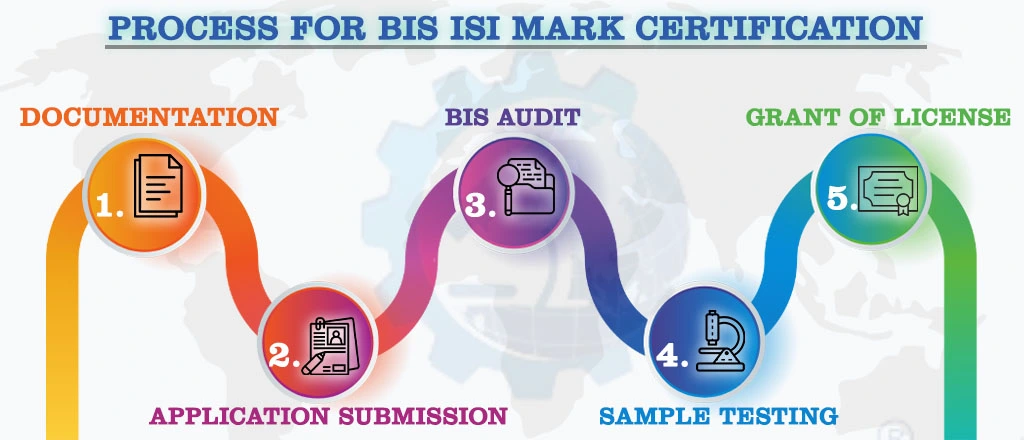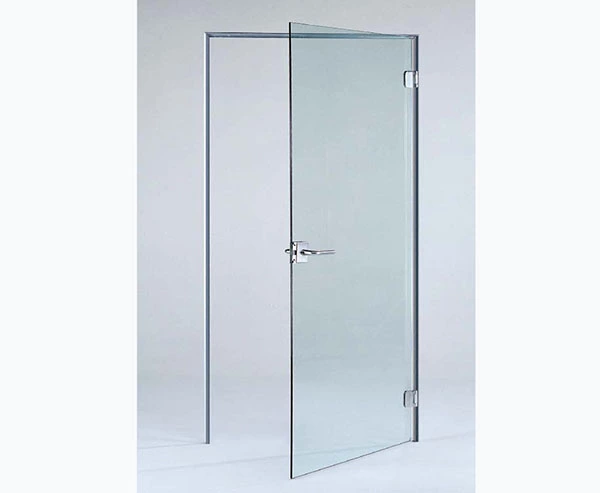BIS CERTIFICATION FOR SAFETY GLASS
IS 2553 (PART 1): 2018
In this competitive scenario, it isn't easy to survive in the market without a standard quality and certified product. BIS license may also be required to sell products in the Indian market.
To get BIS certification and produce a
standard quality product, the manufacturer must ensure that their
product must follow the specified Indian standard.
Let's take a closer look at IS 2553 (Part 1):2018 for Safety Glass.
Safety glass for architectural, building and railway uses are covered under IS 2553 (Part 1): 2018. This standard (Part I) specifies the requirements and the sampling and testing methods for safety glass intended for general use, such as glazing windows, building doors, and railway coaches.
There are four types of safety glass as follows:
- Toughened Safety (tempered) Glass (TS)
- Toughened-Float Safety Glass (TF)
- Laminated Safety Glass (LS)
- Laminated Float Safety Glass (LF)
Safety glass must be made from flat transparent glass of 'AA' and 'A' quality. The thickness of the safety glass must be in accordance with the standard and measured using the method specified in the standard. Safety glass made from AA or A quality sheet glass must not have defects greater than those specified for AA or A quality sheet glass.
TESTS
The following test shall be carried out for safety glass.
- Fragmentation test
- Resistance to shock test
- Light stability test
- Boil test
- Fracture and adhesion test
- Dimensional and visual tests such as thickness
Various tests specified in the standard must be carried out according to the procedures specified in the specification in a properly equipped and staffed laboratory.
Packaging and labelling must be done in accordance with the standards. The packet must be marked with the information specified in the standard. The standard mark (ISI Mark) shall be marked on each piece of safety glass, provided that the safety glass thus marked meets all the specification requirements. The Manufacturer must obtain a BIS license from the Bureau of Indian Standards to use a standard mark (ISI Mark). The BIS grants a license based on a successful assessment of manufacturing infrastructure, quality control and testing capabilities, and production process.

NOTE:
For Detailed Information about the Procedure for BIS ISI Certification
Conclusion:
If a product falls under the scope of the BIS Conformity Assessment Scheme, All the manufacturers, importers, and foreign entities must obtain BIS ISI Certification. The Bureau may cancel the License if the product fails to meet certification requirements.
Aleph INDIA has been serving the industry as a single-window operator for all product regulatory compliance. We can assist importers or manufacturers in meeting all criteria for importing or selling a product in the Indian market.
International Audits & Participation
Testimonials
BIS REGISTRATION FOR ELECTRONIC & IT PRODUCT
In the era of globalization, world trade is growing rapidly and henceforth, Manufacturing and Import/Export businesses are also growing drastically...View More
BIS CERTIFICATE FOR FOREIGN MANUFACTURER
The Economy of India-the fastest developing economy on the globe with the capabilities that help it matches up with the biggest international...View More
PRODUCT CERTIFICATION SCHEME (ISI MARK) FOR DOMESTIC MANUFACTURERS
Anything a person buys from food to cars, clothes to electronics, branded to unnamed products there is always a question that wanders in one’s...View More
WIRELESS PLANNING AND COORDINATION (WPC)
WPC: Wireless means communication done from one point to another point without the wires and cables. Electromagnetic waves carry the ...View More
BUREAU OF ENERGY EFFICIENCY (BEE) CERTIFICATE
BEE CERTIFICATE: Energy is the future, and its conservation is the way of the bright future. Everyone claims the environment is important...View More
E-WASTE MANAGEMENT
E-waste is one of the world's fastest-growing trash streams. We currently manufacture almost 50 million tones of it each year...View More
Request a call back.
Would you like to speak to one of our Senior Technical advisers over the phone? Just submit your details and we’ll be in touch shortly. You can also email us if you would prefer.
BIS REGISTRATION FOR ELECTRONIC & IT PRODUCT
In the era of globalization, world trade is growing rapidly and henceforth, Manufacturing and Import/Export businesses are also growing drastically...View More
BIS CERTIFICATE FOR FOREIGN MANUFACTURER
The Economy of India-the fastest developing economy on the globe with the capabilities that help it matches up with the biggest international...View More
PRODUCT CERTIFICATION SCHEME (ISI MARK) FOR DOMESTIC MANUFACTURERS
Anything a person buys from food to cars, clothes to electronics, branded to unnamed products there is always a question that wanders in one’s...View More
WIRELESS PLANNING AND COORDINATION (WPC)
WPC: Wireless means communication done from one point to another point without the wires and cables. Electromagnetic waves carry the ...View More
BUREAU OF ENERGY EFFICIENCY (BEE) CERTIFICATE
BEE CERTIFICATE: Energy is the future, and its conservation is the way of the bright future. Everyone claims the environment is important...View More
E-WASTE MANAGEMENT
E-waste is one of the world's fastest-growing trash streams. We currently manufacture almost 50 million tones of it each year...View More
View All Services
Request a call back.
Would you like to speak to one of our Senior Technical advisers over the phone? Just submit your details and we’ll be in touch shortly. You can also email us if you would prefer.






























